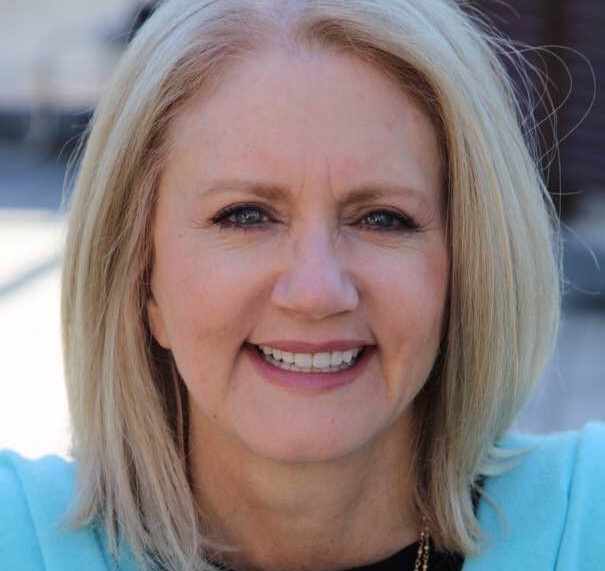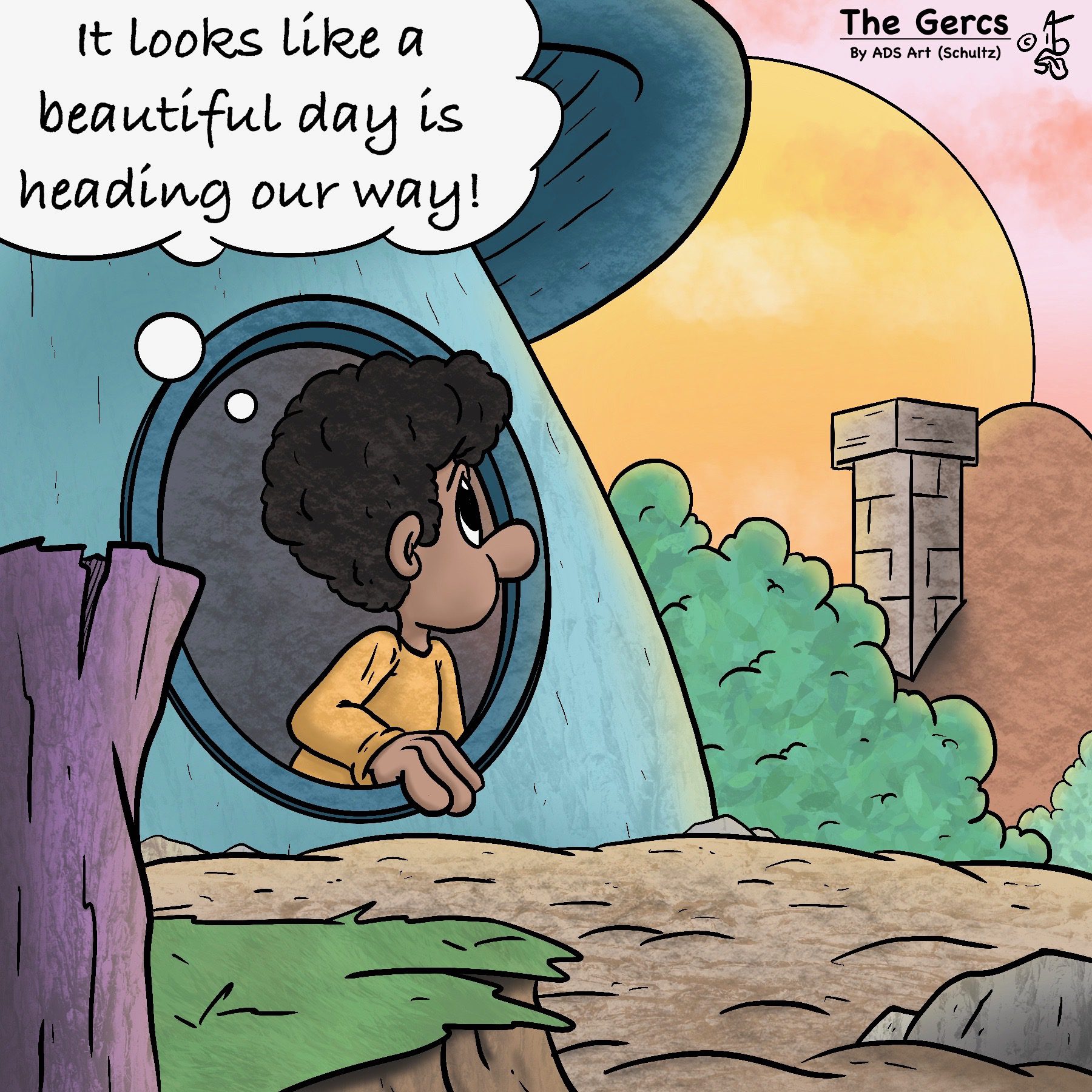By Jan Bidwell
From the Oxford Dictionary: cra·zy /ˈkrāzē/ INFORMAL adjective 1. mentally deranged, especially as manifested in a wild or aggressive way. “Stella went crazy and assaulted a visitor”
The Oxford Dictionary clearly amplifies the bias against mental illness. People who suffer from depression, anxiety, schizophrenia, or other mental health challenges, should not be called deranged or crazy.
Mental illness is an illness. When you call someone crazy, cray-cray, nuts, or off their rocker, you’re being mean. While I understand that this is an emerging awareness for many people, those names are dismissive and insensitive. But maybe most importantly, those disparaging attitudes about mental illness can keep people from getting help.
I’m hoping people think this through carefully.
Consider that when you say that someone has cancer, you are not being demeaning. That isn’t an insensitive thing to say. Would you ever say, “She should just get over breast cancer”, “Or why does he need so much attention with that stage 4 pancreatic cancer thing”? No, no one would ever say either of those things.
There have been many advances in science supporting the finding that mental health conditions are medical conditions. We are learning much about the brain and its function. We have advanced psychiatric medication because we understand which parts of the brain may be firing unreliably. We can pinpoint therapies because we continue to understand how trauma impacts the brain. Research continues, and our understanding continues to expand.
When someone’s brain begins to “misfire” (to oversimplify a very, very complicated set of processes), they generally do not know what is happening, whether they are age 17, age 5, age 27, or in their 50s. It isn’t the case that they can just say, “Hmmm, my brain is not the same as it was last month. I think I’ll go get help.” It is a process, like most changes in our lives and in our health. It is most often a slow erosion, a slow descent into being less functional.
Sometimes mental illness distorts the ability to reason so much that people literally cannot understand what is happening. Sometimes it suppresses the ability to comprehend, or even hope, that anything will ever help.
Those who suffer from mental health conditions desperately need family and friends to take them seriously and assist them. They need people who can see that they are struggling, that they don’t have complete control of their thoughts or behavior, and who will have patience and offer guidance.
If you dismiss them as acting crazy, they won’t trust you. If your bias is that only the really “crazy” go to get help, and that is a bad thing, then they should not trust you.
In fact, because of these attitudes, people wait to get help. They can feel ashamed of making a call to a professional or asking a family member to get them treatment. While it isn’t always true, it is often true that early treatment lessens negative outcomes.
While working for the Lansing Police Department I daily saw people with the most extreme mental health conditions, many of whom do not receive good enough treatment. That is not because our mental health professionals aren’t good enough, don’t try hard enough, or certainly not because they don’t care enough. It is absolutely true that treatment goes completely off the rails at the intersection with our psychiatric hospitalizations.
At some point I will write about why treatment in psychiatric hospitals is immorally inadequate. Very briefly, our insurance companies are dictating medical treatment, and psychiatric treatment pays the least of all specialties. What I have seen continually is that those suffering mental health crises are not hospitalized long enough to have their medicines monitored. It can take 8 weeks, minimally, to see the side effects and tolerance of drug interactions. People generally are hospitalized for 5 to 11 days. That is not a long typo. That is a fact.
The severely mentally ill get the worst level of service. Michigan is ranked 47th in mental health treatment. There is an incredibly short-sighted lack of funding and the increased costs due to this shortfall is staggering. We need to do better by everyone by providing the severely mentally ill with treatment. We don’t allow cancer patients only two chemotherapy treatments. We don’t give a double amputee only one prosthetic.
As a clinical social worker now in private practice, I don’t see the severe cases I saw while at Lansing Police Department. Now I am sometimes the first mental health professional a client has ever called. It is a huge step for someone to admit to themselves that they need help, most especially when their families and friends have disparaging attitudes about needing help. I have great respect for people who make that first call.
While with LPD I met some amazing people who manage their severe mental illness. They suit up and show up. They take their meds and do all they can to comply with treatment. This is not easy for anyone who suffers with these disorders. It is also not a linear course of treatment. There are successes and setbacks.
I have also met the families of the severely mentally ill who carry an incredible load as they help their loved one, set boundaries for themselves, sometimes step up to help, then tap out and let another family member take their turn. It wouldn’t be so hard if we had adequate treatment, but we don’t.
This is such an unstable time, why add to the instability by not taking brain disorders seriously? We can’t afford to have people who are suffering believe they shouldn’t get help. If we don’t judge someone with Parkinson’s, diabetes, or Crohn’s disease, we shouldn’t be judging people with mental illness. This is a conversation that needs to continually expand.
We all need to ask why we don’t have more compassion for the mentally ill. I know it requires that we fully comprehend that the brain can be severely disordered, and that condition could affect us personally. However, we need to just tolerate that discomfort and respond to mental illness with our hearts and our minds.
Jan Bidwell is a licensed clinical Social Worker, an author, social activist, front line crisis responder, community activist, psychotherapist, and mediation teacher. She is currently in private practice, offers training in resilience and mindfulness, and continues to volunteer in Ingham County. janbidwell.com.




